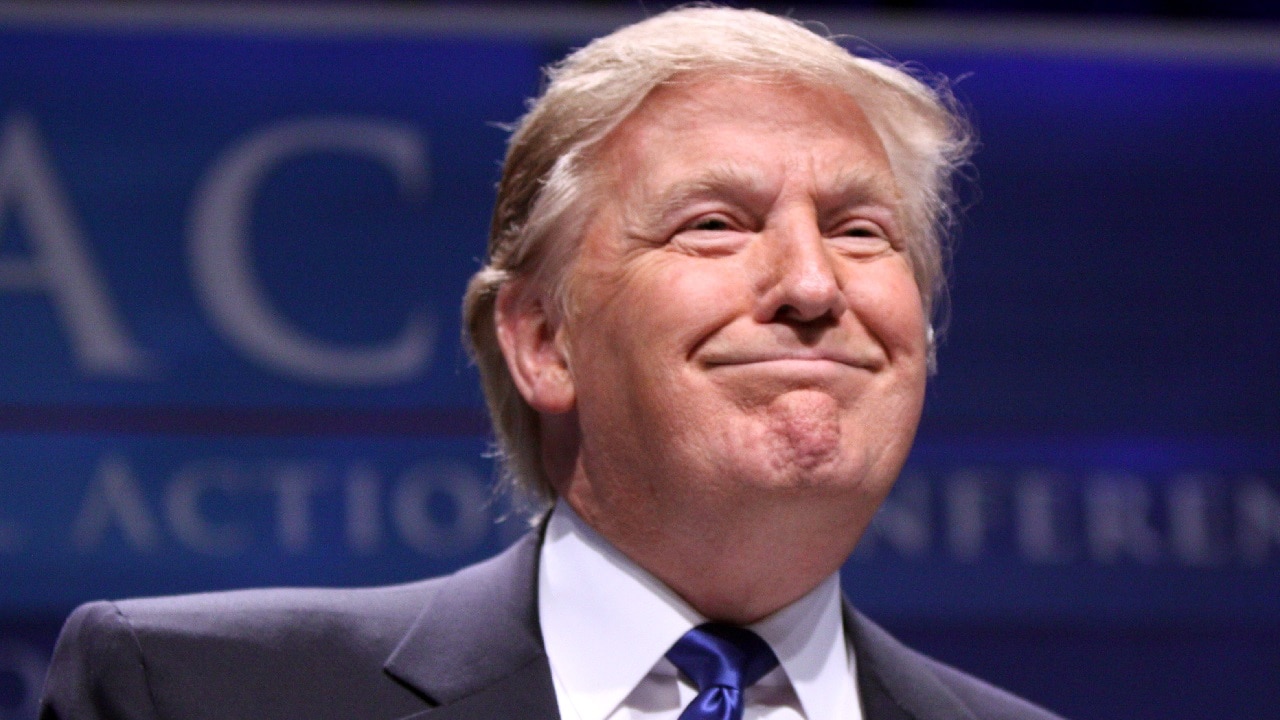Donald Trump, during the four years of his presidency, was impeached twice, in a historical first.
The first impeachment, in late 2019, was in relation to his phone call with Ukrainian President Volodymyr Zelenskyy, and the second, in early 2021, was for his part in the January 6 insurrection. Trump was acquitted in both subsequent Senate trials, making him still eligible to return to the presidency.
(Subscribe to Our YouTube Channel Here. 19FortyFive publishes original videos every day.)
Now, the incoming House Republican majority is making noises about expunging one or both of Trump’s impeachments.
Donald Trump Gets to Reverse History?
According to The Hill, House Speaker Kevin McCarthy did not dismiss the idea.
“I would understand why members would want to bring that forward,” McCarthy said this week at a press conference. “But I understand why individuals want to do it, and we’d look at it.”
Ironically, “we’ll look at it” and “we’re looking at that” were often rhetorical dodges used by Donald Trump himself, in relation to the proposals that he may or may not have had any interest in pursuing.
Some Republicans had put forward a resolution to expunge the two impeachments in the prior Congress, although neither went anywhere.
It is not known if a vote on impeachment reversal was one of the things promised by McCarthy to House dissenters during the Speakership election process, or if such a proposal has the votes to pass the House.
McCarthy had said on the House floor, in the immediate aftermath of January 6, that “the president bears responsibility for Wednesday’s attack on Congress by mob rioters,” and added that “he should have immediately denounced the mob when he saw what was unfolding. These facts require immediate action by President Trump.”
There is no constitutional process for undoing or expunging an impeachment, nor has such a thing ever been attempted prior to now. The Senate, in 1837, did vote to reverse a censure of President Andrew Jackson. It’s the sort of thing whose legality is going to be debated by conditional scholars.
“My argument would be that an impeachment cannot be expunged because it has effect outside of the House—that is, it causes the Senate to hold a trial,” Joshua Chafetz, a professor at the Georgetown University Law Center, said in a Newsweek article. “Expunging the Jackson censure is different, I think because that was the action of a single chamber that had no effect beyond expressing the views of that chamber.”
Trump Really in Charge of the GOP?
Such a vote, were it to happen, would be another test of just how much sway the former president continues to hold in the Republican Party, more than two years after he left office.
On the night the Republicans in the House finally, on the 15th ballot, voted for McCarthy to become Speaker, Rep. Marjorie Taylor Greene (R-GA) made a show of letting colleagues and C-SPAN cameras know that Trump had called her.
This indicated that the former president was a powerful force behind the scenes when it came to pushing McCarthy over the finish line, after weeks of Trump supporting McCarthy but a group of Republicans resisting his candidacy. Rep. Matt Gaetz (R-FL), part of the anti-McCarthy group, had voted for Donald Trump himself on several ballots during the Speaker contest.
Since then, there’s been some pushback on the notion from other Republicans in Congress that Trump played a key part in the endgame.
“President Trump had no influence on the votes, myself or any of my colleagues,” Rep. Bob Good (R-VA), a member of the dissident group that opposed McCarthy, told ABC News. “Saturday morning, it became clear that it was inevitable that Mr. McCarthy was going to become speaker, and I saw no reason to prolong that through the weekend.”
“My decision was based on the voters of Montana and to support the constitution,” Rep. Matt Rosendale (R-MT), another McCarthy opponent, told the network. “I was meeting and listening to my constituents and my effort was always focused on making sure we had a much more open process.”
Stephen Silver is a Senior Editor for 19FortyFive. He is an award-winning journalist, essayist and film critic, who is also a contributor to the Philadelphia Inquirer, the Jewish Telegraphic Agency, Broad Street Review and Splice Today. The co-founder of the Philadelphia Film Critics Circle, Stephen lives in suburban Philadelphia with his wife and two sons. Follow him on Twitter at @StephenSilver.

